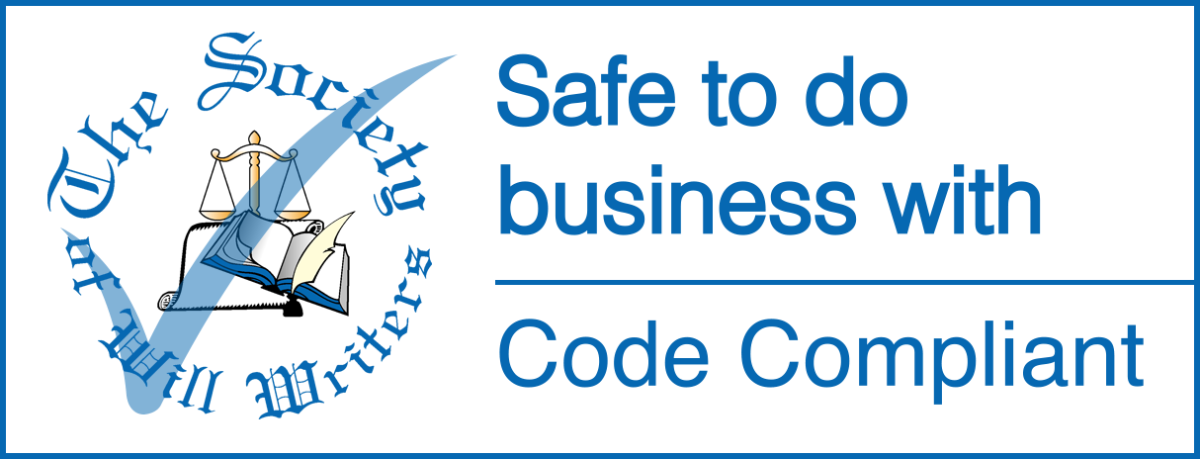
The Importance of Having a Will: A Comprehensive Guide
Creating a will is a crucial yet often overlooked area within personal and financial planning. A will is a legal document that outlines your wishes regarding the distribution of your assets and the care of your dependents after your passing. Despite its significance, many people procrastinate or avoid creating a will altogether. This comprehensive guide will explore the importance of a will and the various elements considered in the estate planning process.
Protecting Your Loved Ones:
One of the primary reasons to have a will is to ensure the well-being of your loved ones after you’re gone. By clearly expressing your wishes for distributing your assets, you can prevent potential conflicts among family members and reduce the stress they may face during an already difficult time. A will allows you to name guardians for minor children, ensuring they are cared for by someone you trust.
Asset Distribution:
Your will serves as a roadmap for the distribution of your assets, including property, finances, and personal belongings. Without a will, the state’s intestacy laws will determine how your assets are divided, which may not align with your wishes. Through a will, you hold power by specifying who inherits what, whether it be family members, friends, or charitable organizations.
Minimizing Taxes:
Estate taxes can significantly impact the value of the assets you leave behind. A well-crafted will can include strategies to minimize the tax burden on your estate, allowing you to pass on more of your assets to your chosen beneficiaries. Estate planning with tax considerations is important for individuals with substantial estates.
Choosing an Executor:
In your will, you can appoint an executor, the person responsible for carrying out the instructions in your will and handling the administrative tasks of your estate. This individual should be someone you trust, as they will play a critical role in ensuring your wishes are fulfilled along with the estate settled according to your instructions.
Healthcare Directives:
A thorough will typically incorporate clauses about healthcare directives, encompassing documents like a living will or healthcare power of attorney. These documents articulate your specifications for receiving medical treatment or care in case communicating your wishes is no longer possible. Writing healthcare directives within your will guarantees that your preferences regarding medical care are acknowledged and honoured.
Avoiding Probate Issues:
Probate is the legal process through which a will is validated, and the deceased person’s assets distributed. The probate process can become lengthy and expensive. Having a will in place, you can streamline the probate process, making it easier and less costly for your heirs to receive their inheritances.
Creating a will is essential in ensuring that your wishes are honoured, your loved ones are cared for, and your assets are distributed according to your preferences. It’s a responsible and caring act that provides peace of mind for you and your family. Take the time to consult with legal professionals to ensure that your will accurately reflects your intentions and complies with relevant laws. Don’t delay starting or updating the process of your will today to secure a better tomorrow for those you care about most.
Join Our Mailing List
Once Weekly Webinar
Free Webinar Once Per Week
Our free webinar runs once per week and is available to anybody who wants to know more about getting started on the road to financial freedom.


